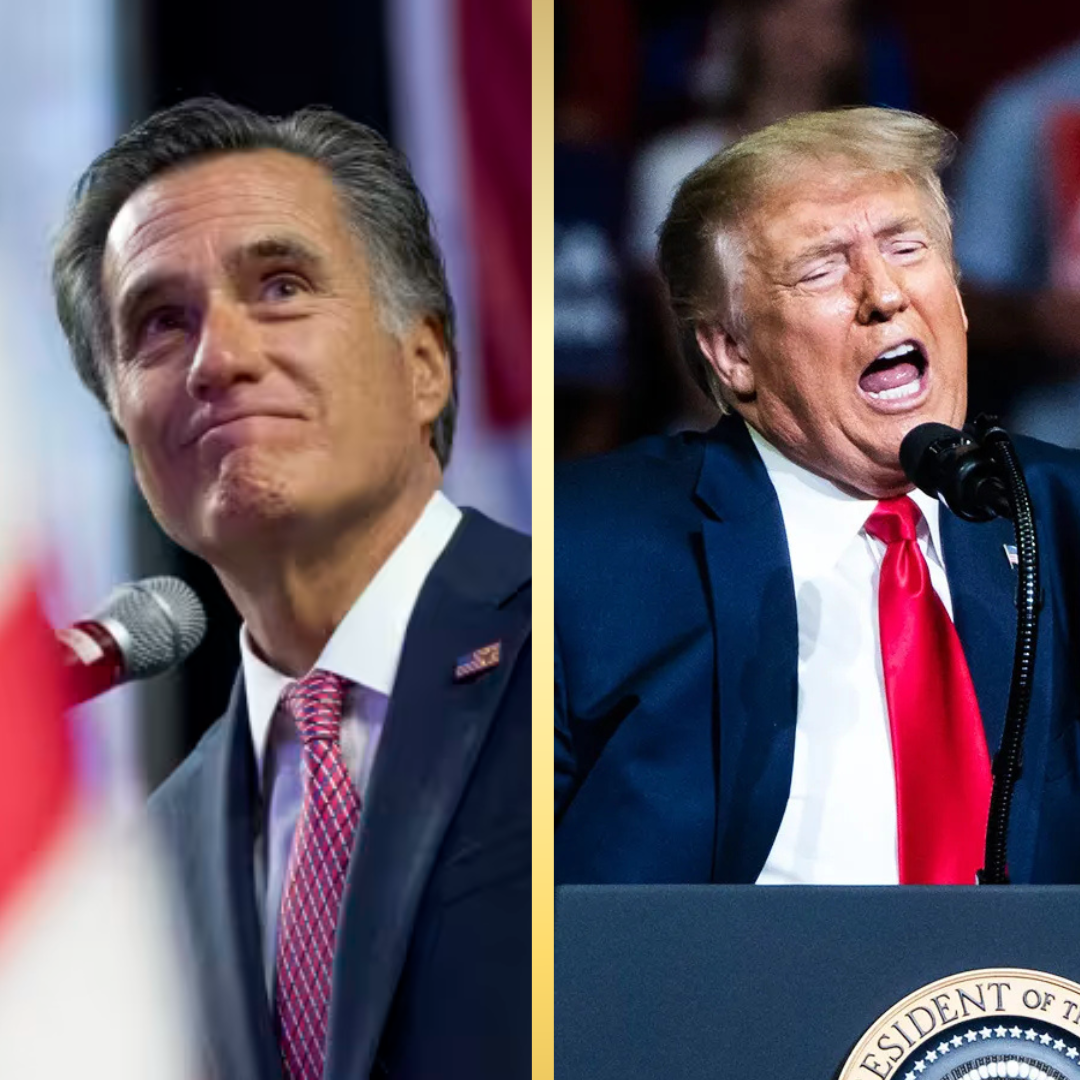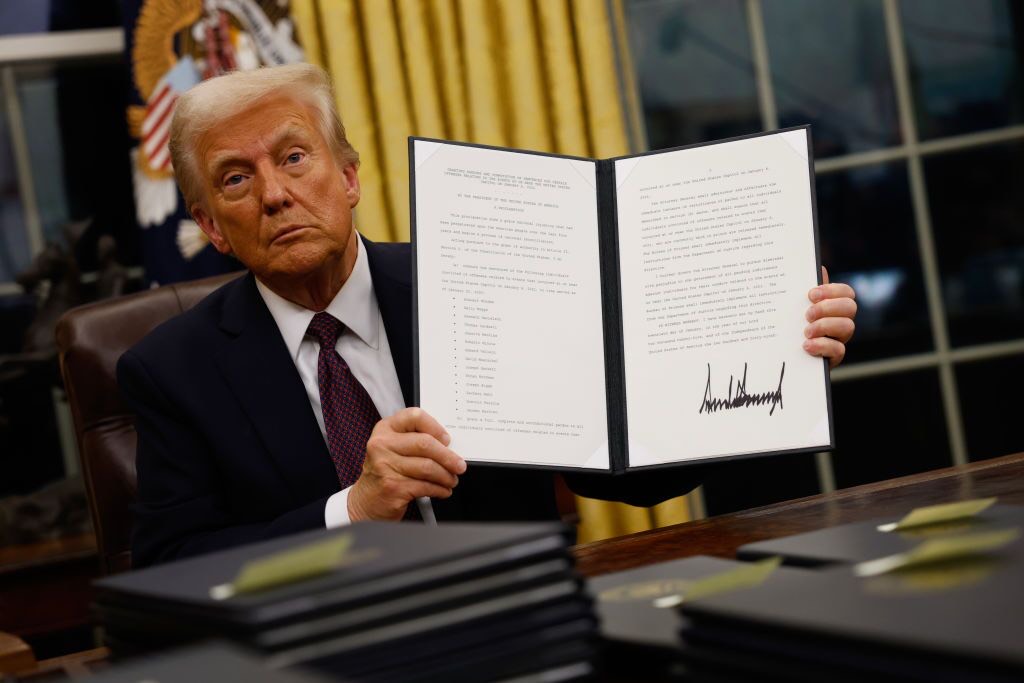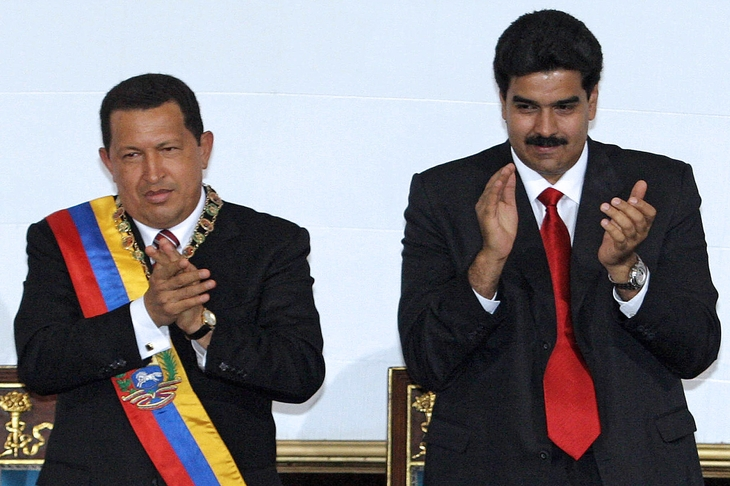In the last 8 years, America has witnessed dramatic political change centered on the evasive and extremist patterns of Republican leadership. This is reflected through the actions of Donald Trump, who has established himself as the lone figurehead of the Republican Party. Examining this shift further, one can compare the 2012 and 2024 presidential debates: Obama vs. Romney, and Harris vs. Trump.
The 2012 presidential debate resembled the 2024 vice-presidential debate: polite, respectful, and productive. Mitt Romney performed well, allowing his opponent to speak and contribute to an intellectual and revealing debate. J.D. Vance had a similar approach, but Donald Trump, in September’s presidential debate, did not. On nearly every issue discussed, Trump interrupted or diverted debate moderators from the topic at hand.
2024 debate moderator David Muir stated that he “believe[d] it was [his] duty to ask about the issues that Americans care about,” and at various points felt obligated to fact-check Trump. Consequently, Trump targeted Muir after the debate, referring to him as a “foolish” man and mocking his appearance. This reflects his behavior in 2015 after once referring to Republican primary debate moderator Megyn Kelly as “dopey” and “crazy”. Furthermore, dozens of quotes released following nearly every one of his public defeats capitalize on Trump’s deliberate ignorance.
Romney, one of the most commendable Republican candidates in the 21st century, was friendly and relatively straightforward with his Democrat opponents. Following the 2012 debate, Obama and Romney exchanged cordial, brief greetings. Obama extended a genial hand to Romney after his wife was diagnosed with breast cancer, and the two have maintained a positive relationship since.
While obfuscation has long been a tactic for Donald Trump, it has recently become a defining characteristic of the Republican Party. So, what went wrong?
From the late 1980s to 2024, Trump has performed his political crusade across America. The basis of Trump’s beliefs, though ever-changing and contradictory, have always been self-benefiting. He continues to recruit Republican politicians such as Marjorie Taylor-Greene, Chip Roy, and Clay Higgins–who have established themselves more as internet personalities than elected representatives.
Many of these loyalists belong to the Freedom Caucus, a group of far-right Representatives of the House. Since Trump’s presidency, the Freedom Caucus has become a hub of frenzied MAGA supporters who are more performance-centered than policy-oriented.
This poses the question: What is the Republican Party without Donald Trump? Following his departure from the political arena, will the party return to its original respectful self or will it continue to decline into political hysteria?
Republican Senator Lisa Murkowski said, “I’m having more ‘rational Republicans’ coming up to me and saying, ‘I just don’t know how long I can stay in this party’…. Now our party is becoming known as a group of extremist, populist over-the-top [people] where no one is taking us seriously anymore.”















